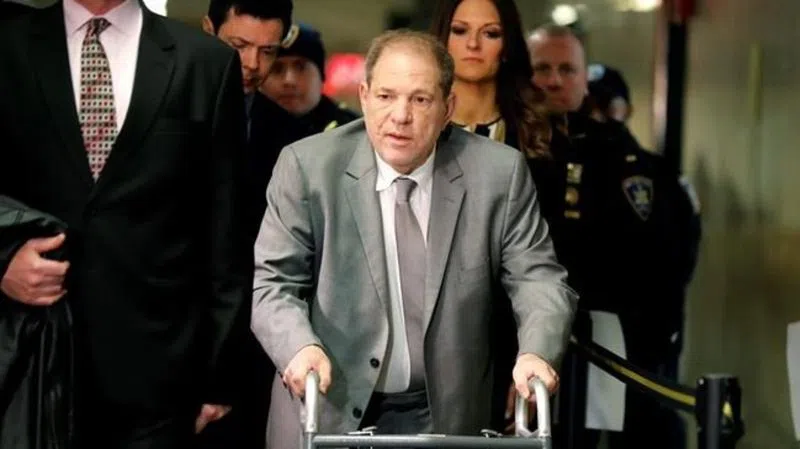
Jury selection in Weinstein case could prove to be drawn-out
NEW YORK — On Sunday, Harvey Weinstein was a punchline at the Golden Globes. On Monday, he was hit with new sex-crimes charges in Los Angeles. And on Tuesday, he and his lawyers walked into court in New York to begin picking the jury that will decide the fate of the man widely seen as the biggest monster of the #MeToo movement.
Selecting the jury for the Hollywood mogul’s rape and sexual assault trial is likely to be a painstaking, weekslong process, made complicated by the high stakes, heavy publicity and public revulsion toward him.
In fact, one-third of the first 120 prospective jurors summoned for the case were promptly sent home after the judge asked if there was anyone who could not be impartial and about 40 hands went up.
Weinstein’s lawyers unsuccessfully tried to delay jury selection in light of the new case filed in Los Angeles, asking for a “cooling-off period” to allow the publicity to subside.
